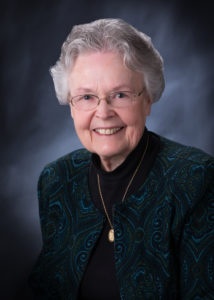Podcast: Play in new window | Download (Duration: 28:39 — 19.8MB) | Embed
Subscribe: Apple Podcasts | Spotify | Amazon Music | Android | Pandora | iHeartRadio | JioSaavn | Podchaser | Gaana | Podcast Index | Email | TuneIn | Deezer | Anghami | RSS | More
 A Sister of St. Thérèse: Servant of God, Léonie Martin – Bearer of Hope with Fr. Timothy Gallagher – Episode 5
A Sister of St. Thérèse: Servant of God, Léonie Martin – Bearer of Hope with Fr. Timothy Gallagher – Episode 5
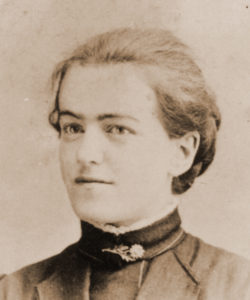
In this episode, we hear of the “remarkable change” that Zélie has seen in her daughter now that the maid’s terrible behavior toward Léonie has been exposed. Their mother/daughter relationship has completely changed. The heart of Leonie has opened up to her mother and Zélie has the answer to her prayers…they are sharing a deeper, understanding bond of love.
As Léonie is absorbing her motherly love, Zélie sees her also absorbing more of God’s love and this is proving transformative for her daughter. But Zélie’s illness is progressing as well. She prays to God for a healing of her breast cancer, so that she might be able to care for her younger children, especially her poor Léonie, who needs her mother now more than ever before. She is greatly concerned, and asks “Who could help Léonie more than her own mother?” She turns to the Blessed Virgin Mary asking her to intercede with God for a miracle.
Zélie also ponders the reason why God would allow the bad treatment of her daughter by the maid to last so long. Fr. Gallagher reflects on that mystery, as well as the forgiveness given to Louise, the Martin’s maid, by both Zélie and Léonie, which didn’t excuse the horrible behavior, but showed a great degree of grace-filled compassion.
Fr. Gallagher says, “Léonie’s life holds a very important story because she was the forgotten one; she was the one who was in the last place; she was the one who was less gifted than the others. Today we would call her a ‘problem child,’ and we’ll see that she certainly was the source of great anxiety to her parents, especially to her mother, Zélie, who loved her dearly.”
As a child, Léonie suffered from severe illnesses and physical maladies that would plague her entire life. She also struggled with understanding social clues and interactions and with behaving appropriately. Conventional educational models of the day failed to meet her particular needs, and she was labeled “developmentally delayed.” Yet those who knew her well described her as having a “heart of gold”.
Who was Léonie and what were her struggles? Why has her cause of canonization begun? Father Gallagher, along with Kris McGregor, answers these questions and explains why Léonie is “a bearer of hope” in this landmark series.
Discerning Hearts reflection questions for this episode:
- The Transformative Power of Love: Reflect on the profound transformation experienced by Léonie after the departure of the maid and the deepening of her relationship with her mother, Zélie. How does this illustrate the transformative power of love, both human and divine?
- The Role of Providence: Zélie expresses a profound trust in God’s providence, even in the midst of her own illness and her daughter’s challenges. How does Zélie’s trust in God’s plan inspire you to deepen your own trust in divine providence, especially during difficult times?
- Maternal Dedication: Consider Zélie’s unwavering dedication to her children, particularly Léonie, despite her battle with breast cancer. How does Zélie’s example challenge you to prioritize and nurture relationships within your own family, even in the face of personal struggles?
- Gentleness and Understanding: Zélie emphasizes the importance of gentleness and understanding in her approach to Léonie’s challenges. Reflect on how you can cultivate these qualities in your own relationships, particularly in situations that require patience and compassion.
- Embracing Differences: Explore the idea of embracing differences within families, as seen in Zélie’s acceptance and love for Léonie despite her struggles. How can you foster a culture of acceptance and inclusion within your own family and community?
- Trusting in God’s Timing: Zélie expresses a desire for God to grant her a few more years to raise her children, particularly Léonie. Reflect on the concept of trusting in God’s timing and how it applies to your own life and circumstances.
- Finding Meaning in Suffering: Consider Zélie’s perspective on suffering and her willingness to find meaning and purpose in her own illness, as well as in the challenges faced by her daughter. How can you find meaning in your own experiences of suffering and adversity?
- Forgiveness and Gratitude: Reflect on Léonie’s eventual forgiveness and gratitude towards the maid who had previously caused her distress. How does this example challenge you to practice forgiveness and cultivate gratitude, even in difficult circumstances?
- The Value of Relationship: Zélie’s relationship with Léonie highlights the profound impact of nurturing and meaningful relationships within families. Reflect on the importance of investing time and effort into building strong, loving relationships with your own family members.
- Embracing Mystery: Consider the mysteries of God’s providence and the ways in which Zélie embraces these mysteries with faith and trust. How can you cultivate a deeper sense of trust and surrender to God’s plan, especially when faced with uncertainty and unanswered questions?
Leonie's parents - Sts. Louis and Zélie Martin
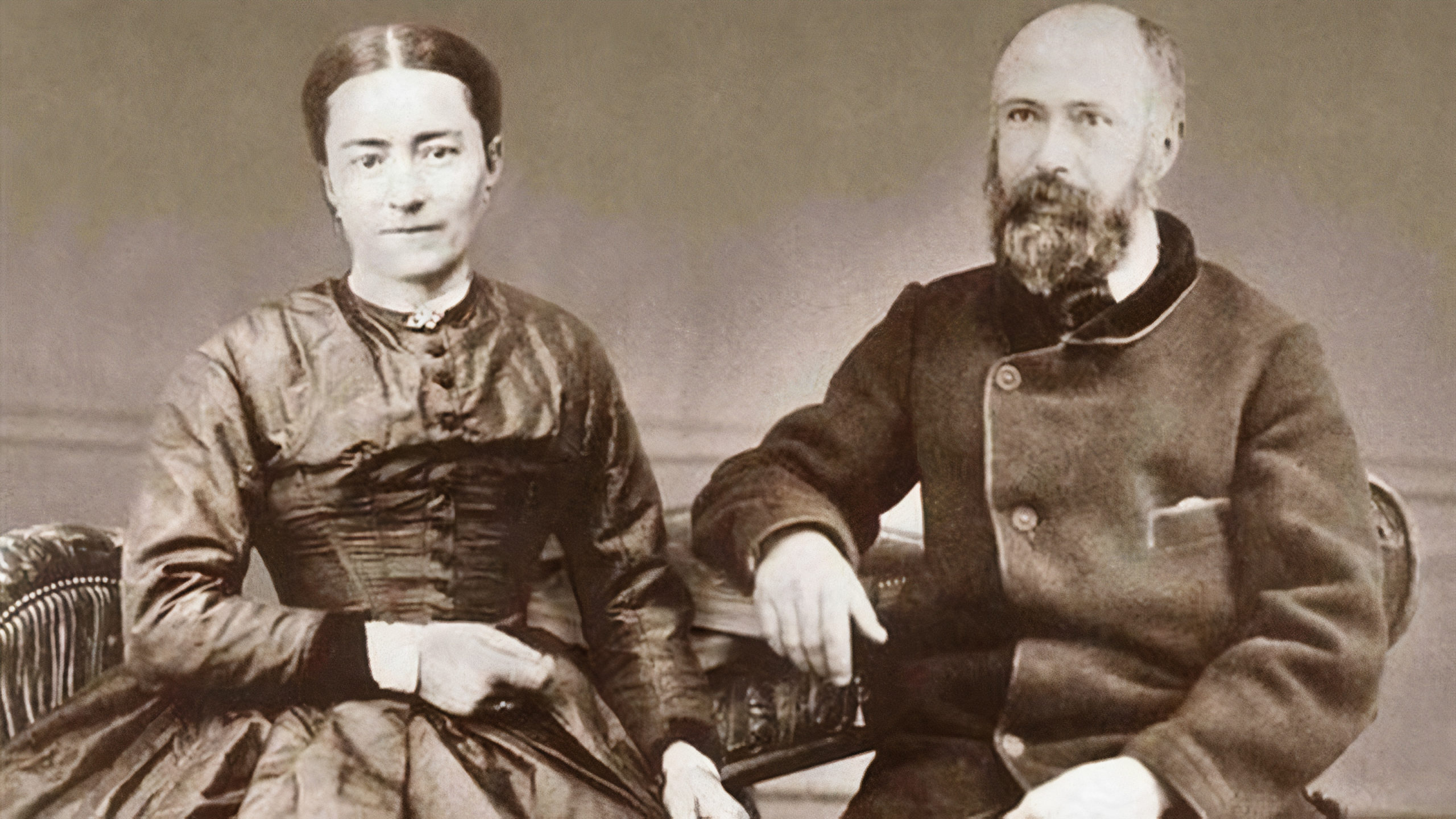
Marie
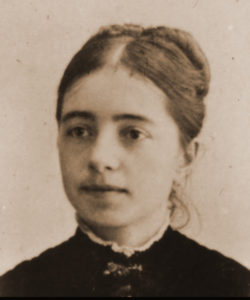
Pauline
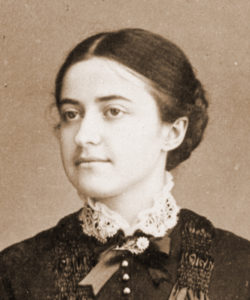
Céline

St. Thérèse

Léonie's Aunt and Uncle - Céline and Isidore Guérin
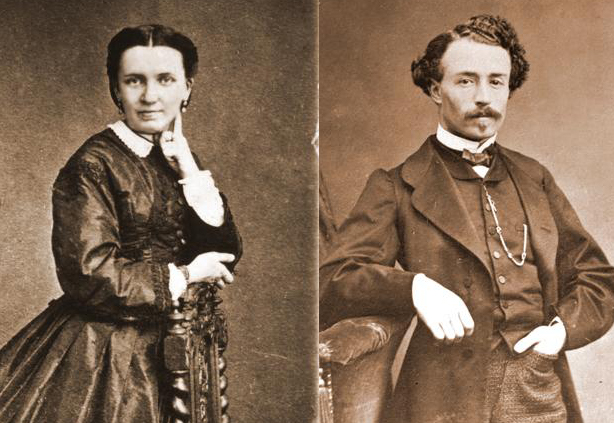
Léonie's Aunt - Sr. Marie Dosithée (Élise Guérin)

Images in this post of the Martin/Guerin family are used with permission from the Archives of the Carmel of Lisieux website for strictly non-commercial use. We encourage you to visit the website for more information on this remarkable family.
For more series Fr. Timothy Gallagher podcasts visit here
Father Timothy M. Gallagher, O.M.V., was ordained in 1979 as a member of the Oblates of the Virgin Mary, a religious community dedicated to retreats and spiritual formation according to the Spiritual Exercises of St. Ignatius. Fr. Gallagher is featured on the EWTN series “Living the Discerning Life: The Spiritual Teachings of St. Ignatius of Loyola”. For more information on how to obtain copies of Fr. Gallaghers’s various books and audio which are available for purchase, please visit his website: frtimothygallagher.org





 From “Heaven in Faith: Day 9 Prayer 2”:
From “Heaven in Faith: Day 9 Prayer 2”: Foundation of Discernment – “What am I to do?” The Discernment of God’s Will in Everyday Decisions with Fr. Timothy Gallagher
Foundation of Discernment – “What am I to do?” The Discernment of God’s Will in Everyday Decisions with Fr. Timothy Gallagher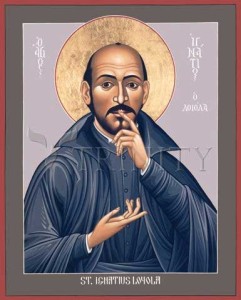 Discerning Hearts Reflection Questions:
Discerning Hearts Reflection Questions: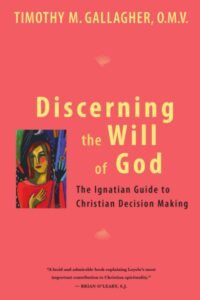

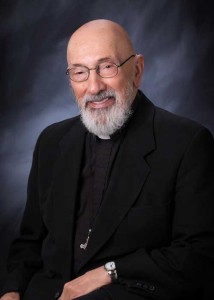
 During this podcast, Deacon Keating will offer his insights on the mystery of this Good Friday.
During this podcast, Deacon Keating will offer his insights on the mystery of this Good Friday.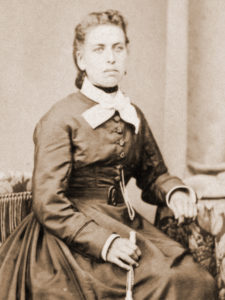
 Msgr. John A. Esseff is a Roman Catholic priest in the Diocese of Scranton. He served as a retreat director and confessor to St. Teresa of Calcutta. He continues to offer direction and retreats for the sisters of the missionaries of charity. He has lived in areas around the world, serving in the Pontifical missions, a Catholic organization established by St. Pope John Paul II to bring the Good News to the world especially to the poor. He is a founding member of the Pope Leo XIII Institute. He continues to serve as a retreat leader and director to bishops, priests and sisters and seminarians, and other religious leaders.
Msgr. John A. Esseff is a Roman Catholic priest in the Diocese of Scranton. He served as a retreat director and confessor to St. Teresa of Calcutta. He continues to offer direction and retreats for the sisters of the missionaries of charity. He has lived in areas around the world, serving in the Pontifical missions, a Catholic organization established by St. Pope John Paul II to bring the Good News to the world especially to the poor. He is a founding member of the Pope Leo XIII Institute. He continues to serve as a retreat leader and director to bishops, priests and sisters and seminarians, and other religious leaders.